Filter by
The language used throughout the course, in both instruction and assessments.
1,488 results for "python"
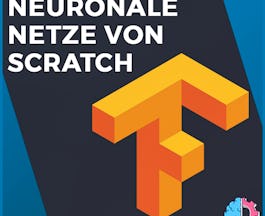 Status: Free
Status: FreeCoursera Project Network
Skills you'll gain: Computer Programming, Machine Learning, Python Programming

Coursera Project Network
Skills you'll gain: Machine Learning, Python Programming
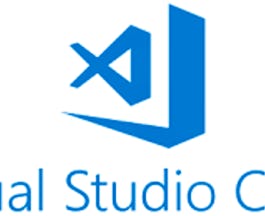
Coursera Project Network
Skills you'll gain: Software Engineering, Java Programming, Python Programming
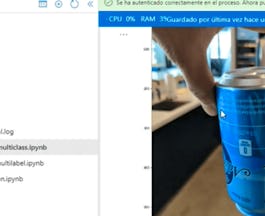
Coursera Project Network
Skills you'll gain: Computer Vision, Machine Learning, Microsoft Azure, Python Programming
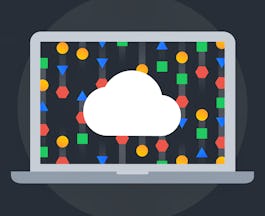
Skills you'll gain: Computer Programming, Problem Solving, Programming Principles, Python Programming, Communication, Leadership and Management

University of Michigan
Skills you'll gain: Computer Programming, Mathematics, Programming Principles, Calculus, Computer Programming Tools, Python Programming, Algebra, Computational Logic, Differential Equations

Coursera Project Network
Skills you'll gain: Natural Language Processing, Python Programming
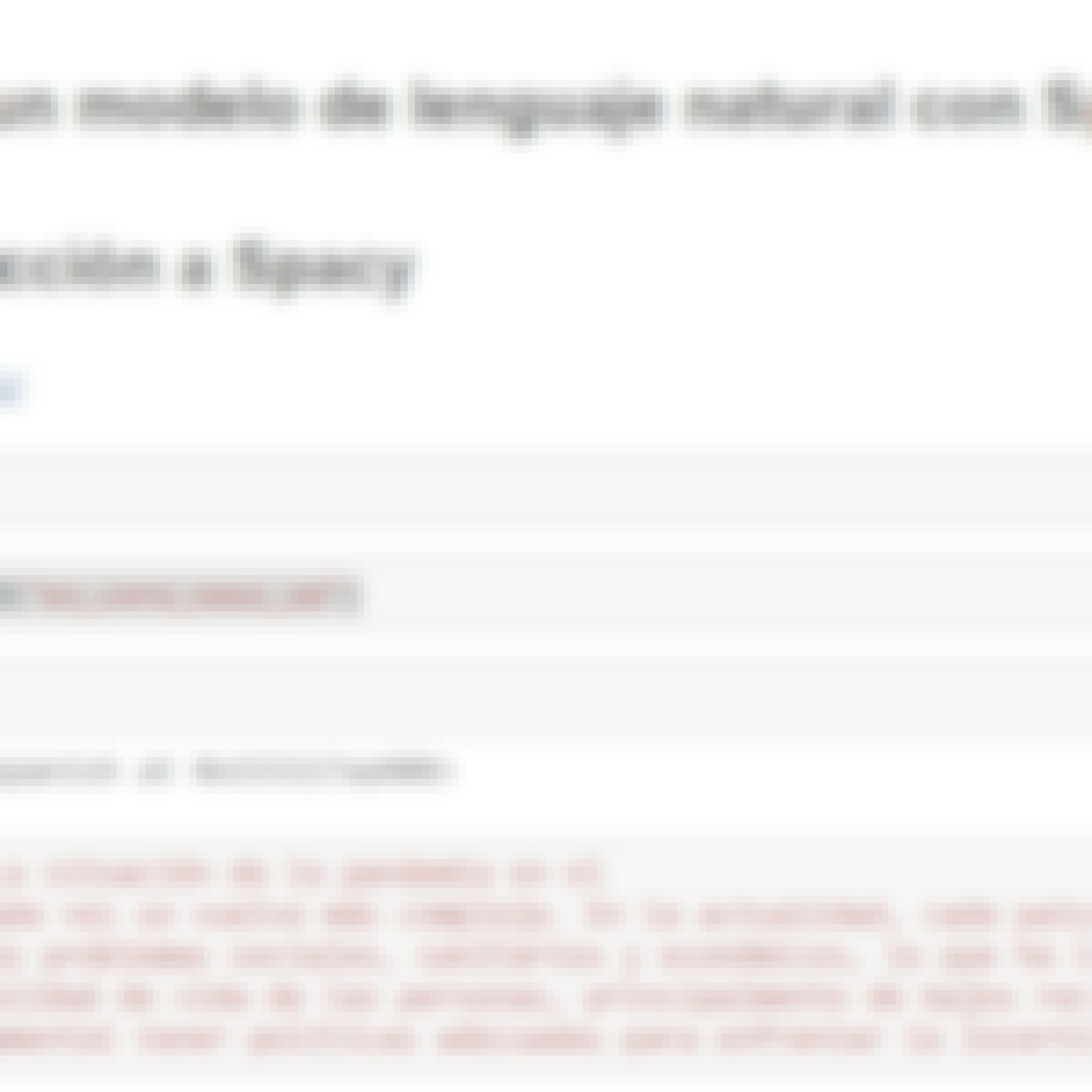
Coursera Project Network
Skills you'll gain: Python Programming

Coursera Project Network
Skills you'll gain: Data Analysis, Data Science, Python Programming
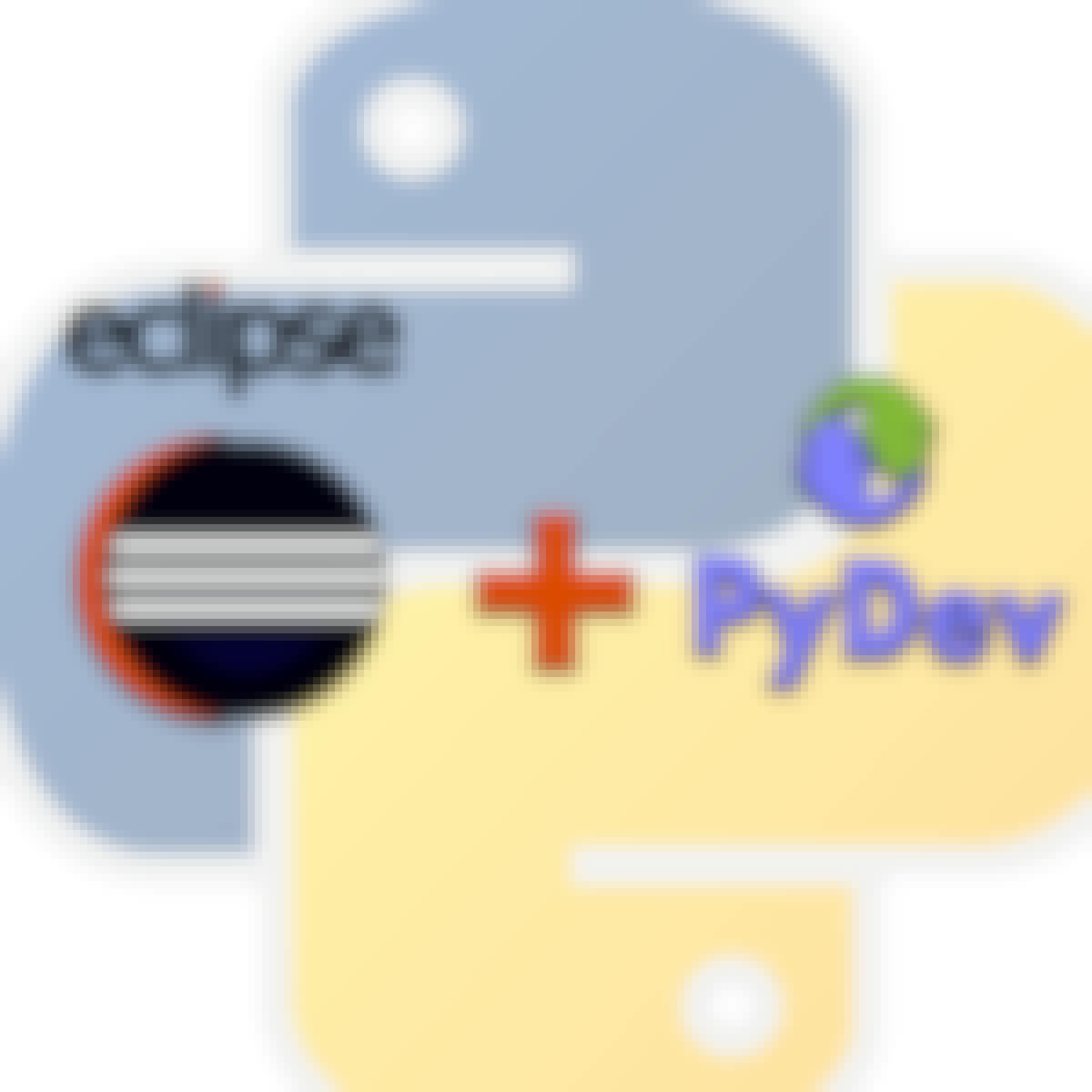
Coursera Project Network
Skills you'll gain: Python Programming
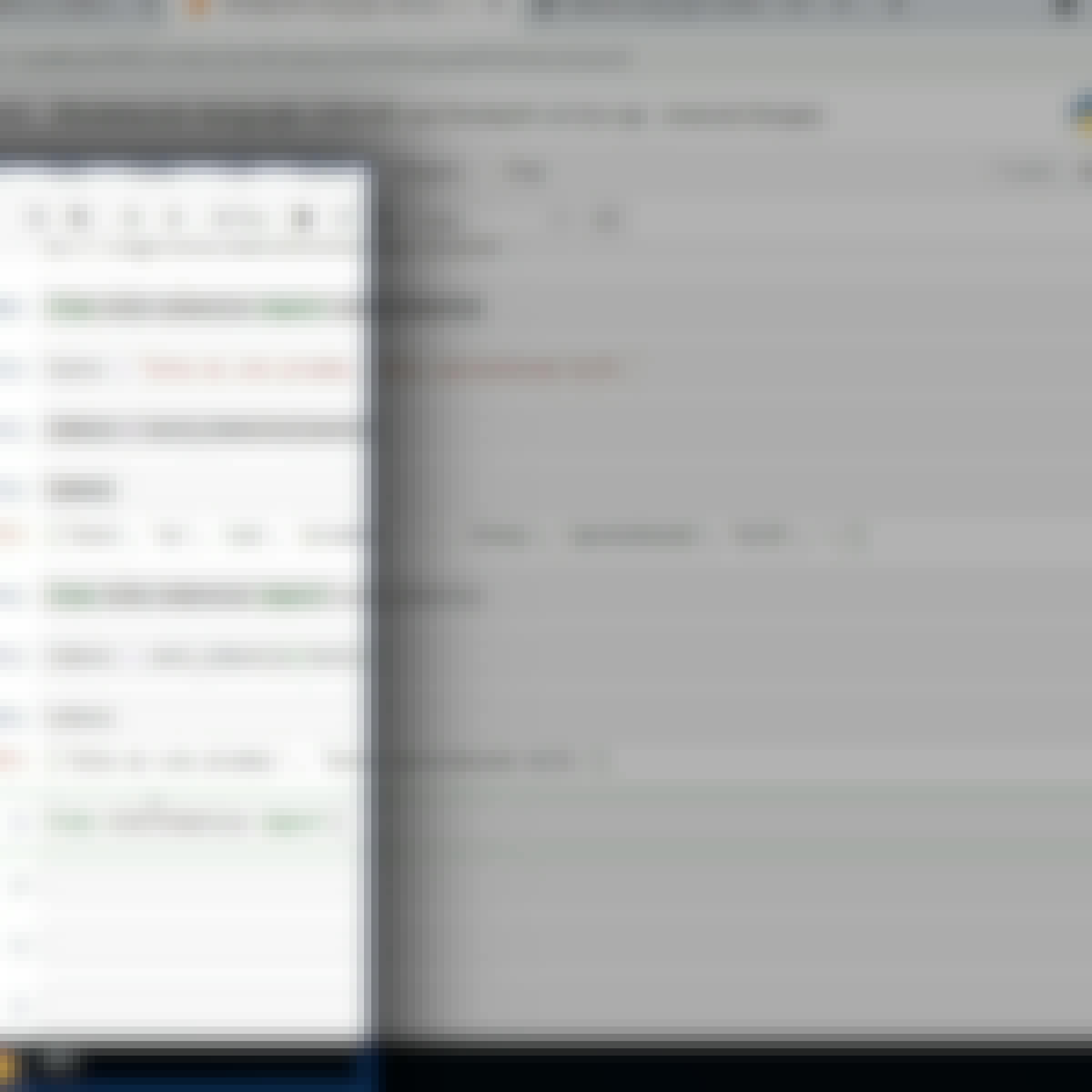
Coursera Project Network
Skills you'll gain: Python Programming

Coursera Project Network
Skills you'll gain: Computer Programming, Machine Learning, Python Programming, Tensorflow
In summary, here are 10 of our most popular python courses
- Neuronales Netz von Scratch: Coursera Project Network
- Introdução a Machine Learning em uma Competição do Kaggle: Coursera Project Network
- تثبيت وتكوين بايثون والملحقات ذات الصلة في فيجوال ستوديو كود: Coursera Project Network
- Desplegando un modelo de visión computacional con Azure ML: Coursera Project Network
- Digital Transformation with Google Cloud - בעברית: Google Cloud
- تنميط متقدم بتصميم سريع الاستجابة: University of Michigan
- Deploy Bridgerton NLP SMS Text Generator: Coursera Project Network
- Creando un modelo de lenguaje natural con Spacy: Coursera Project Network
- و تحميل البيانات و إخراجهاPandas شرح أساسيات استخدام: Coursera Project Network
- Installing and configuring PyDev with Eclipse: Coursera Project Network










